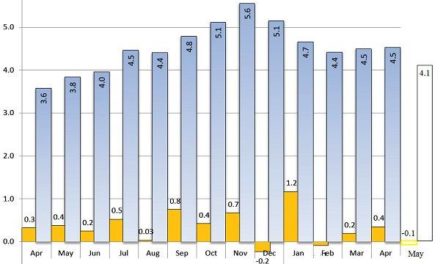
Luxury goods culprit for credit
The Bank of Namibia this week hiked the repo rate again by 0.25 basis points in an attempt to quell the demand for unproductive luxury imports, citing it as one of the drivers behind the rise in credit extended to the private sector. Credit extended to the private sector increased strongly to an average growth rate of 15.3% during the first half of the year, as compared to the 13.9% registered in the same period in 2013 according to a statement released by the central bank.
According to the central bank, the growth in household credit was largely fuelled by installment credit, overdrafts and other loans and advances, of which a portion, according to the central bank, is used to finance unproductive imported luxury goods. IJG figures indicate that for June alone, a total of 1918 vehicles were sold, of which 821 were passenger vehicles.
The trade deficit widened further as a result of the higher import bill. The bulk of the imports according to the Bank of Namibia consists mainly of capital inputs. Singling out vehicles and luxury consumer goods, the central bank expressed its concern over the number of luxury vehicles sold, and the continual importation of other consumer luxuries. The ensuing trade deficit puts the pressure on international reserves.
Annual inflation which has shown an upward trend in the first six months of the year gournd to a halt in July at 5.6%, down from the 6.1% recorded in May. The slow down was mainly attributed to the food, transport, and household categories with the expectation that it is expected to average around 6% going forward.
Statistics have indicated that the economy improved during the first half of the year, which were largely driven by construction, diamond mining, wholesale and retail trade, and cereal production. B2Gold recently reported that construction of its Otjikoto project is on schedule with mining expected to start in the fourth quarter while IJG reported that the total value of building plans approved for May 2014 totalled N$188.4 million for the City of Windhoek alone.












































